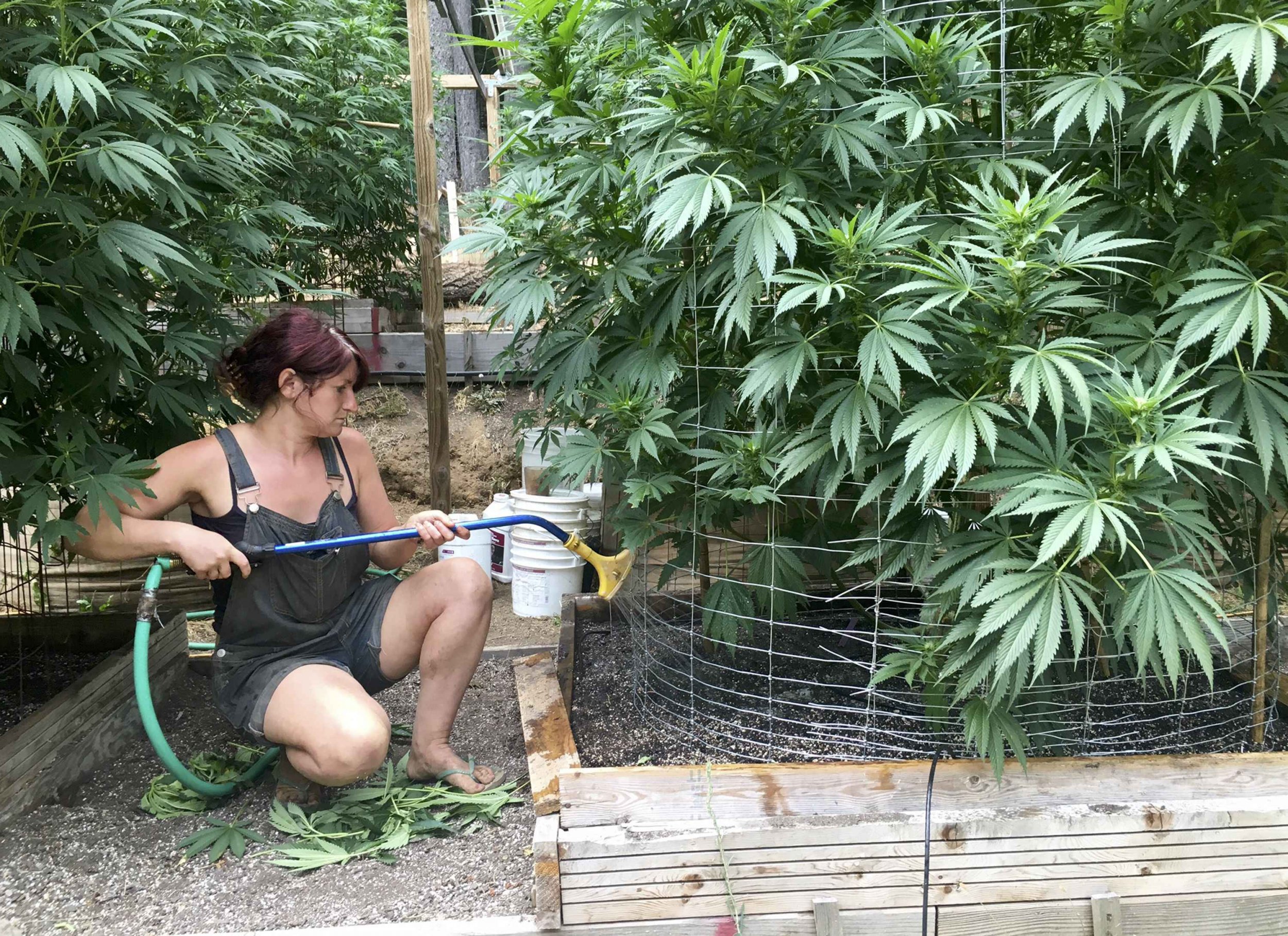
This article first appeared on the Cato Institute site.
On Tuesday, nine states considered ballot initiatives that would legalize marijuana for medical or recreational purposes under state law. Twenty-five states have already legalized marijuana for medical use, and four have legalized it fully.
Opponents nevertheless make strong claims about adverse consequences from existing and proposed legalizations. We argue, based on the evidence, that such claims are exaggerated, misleading, or outright false.
1. Legalizing marijuana dramatically increases use. Several countries (Portugal, the Netherlands, Australia and part of the U.K.) have liberalized their marijuana laws with little or no impact on marijuana use.
Research on U.S. medical marijuana laws suggests that adult marijuana use has increased only modestly. Preliminary data in Colorado and Washington, the two first states to legalize recreational marijuana, display similar trends in use before and after legalization.
2. Legalizing marijuana increases other substance use. Whether legalization affects other substance use depends on whether new consumers progress to drugs such as cocaine or heroin (the gateway effect) and whether existing consumers substitute marijuana for other substances.
No scientifically convincing evidence supports the gateway hypothesis for marijuana. In fact, some research suggests that users substitute from alcohol toward marijuana after liberalization. Rates of cocaine use appear unchanged in the wake of recreational marijuana laws. Research on medical marijuana laws shows little impact on alcohol or cocaine use.
3. Marijuana is more dangerous than alcohol. In fact, abundant medical evidence points to alcohol as more dangerous than marijuana. Regular alcohol use, for example, can generate life-threatening diseases such as cirrhosis of the liver; regular marijuana use has no similar effect.
Indeed, if legalization leads users to substitute from alcohol towards marijuana, as some research suggests, this implies reduced harm from marijuana and alcohol use overall.
4. Legalization generates crime. States adopting recreational marijuana laws display large declines in arrest rates for drug offenses and no changes in violent and property crime rates. Research on international changes in marijuana policy and U.S. medical marijuana laws similarly show that relaxing marijuana prohibitions does not increase crime.
Moreover, the drug war consumes significant resources and diverts police and judicial attention away from more serious crimes, so liberalizing marijuana may help to reduce other crime.
5. Marijuana legalization increases traffic fatalities. Colorado, Washington, Alaska, and Oregon have seen no significant change in fatal traffic crash rates or traffic fatalities post-legalization. Research on medical marijuana laws and decriminalization even suggests that liberalization leads to fewer traffic accidents.
Colorado has seen a rise in marijuana-related traffic fatalities, but this likely reflects increased testing for, or labeling of, the presence of marijuana in crash victims—rather than increased accidents caused by marijuana use—because declines in other drug-related traffic fatalities have offset those related to marijuana, resulting in no net change in drug-related traffic fatalities.
6. Marijuana legalization endangers public health. On the contrary, legalization promotes public health by providing individuals with safer options to treat their pain. Medical marijuana laws are associated with fewer suicides. Recreational marijuana laws appear to have little or no impact on suicide rates, and they have not led to any public health epidemics.
Meanwhile, medical marijuana laws have reduced admissions for substance abuse treatment. During the years when marijuana dispensaries proliferated in Denver, marijuana-related emergency department admissions were stable.
7. Marijuana legalization harms youth. Recent health survey data indicate that relaxing marijuana prohibition does not greatly increase adolescent marijuana use (perhaps in part because these liberalizations do not change the legal status of marijuana for minors).
No evidence suggests that marijuana use causes poorer educational outcomes or lower standardized test scores. The correlation between adolescent marijuana use and cognitive functioning disappears in analyses that control for relevant confounding variables.
Evidence on the liberalization of marijuana laws suggests that this loosening may have increased marijuana consumption modestly, at least among adults. It also seems to have reduced traffic fatalities, suicide rates and crime rates.
Although some drug use may harm users and others, policies more directly targeting these harms could reduce harms more cheaply and effectively.
Jeffrey Miron is director of economic studies at the Cato Institute and director of undergraduate studies in the Department of Economics at Harvard University. His area of expertise is the economics of libertarianism, with particular emphasis on the economics of illegal drugs. Miron has served on the faculty at the University of Michigan and as a visiting professor at the Sloan School of Management, MIT, and the department of economics at Harvard University. From 1992 to 1998, he was chairman of the department of economics at Boston University. He is the author of Drug War Crimes: The Consequences of Prohibition and The Economics of Seasonal Cycles.
Uncommon Knowledge
Newsweek is committed to challenging conventional wisdom and finding connections in the search for common ground.
Newsweek is committed to challenging conventional wisdom and finding connections in the search for common ground.
About the writer
To read how Newsweek uses AI as a newsroom tool, Click here.








